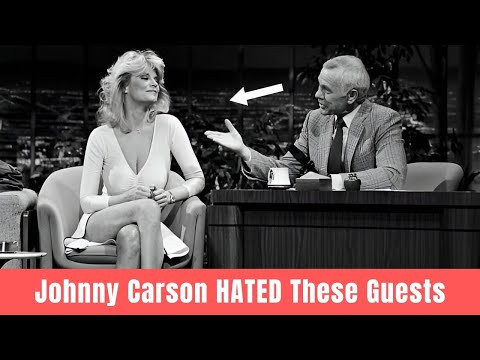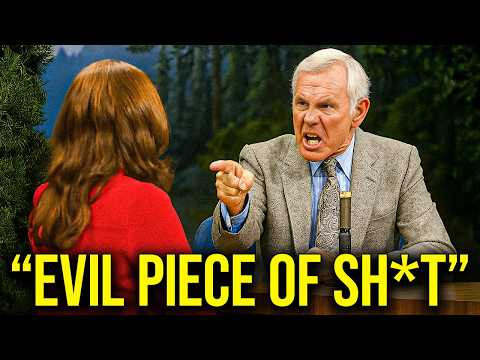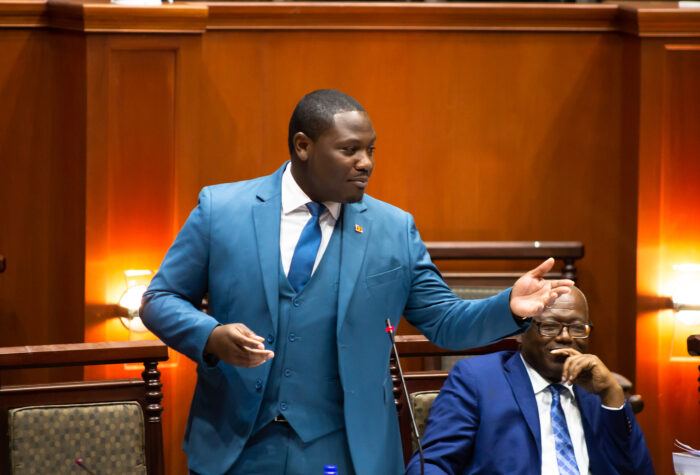Johnny Carson Exposed the 9 Creepiest Guests Ever to Appear on The Tonight Show — Fans Are Shocked!
 For three decades, Johnny Carson reigned as the king of late-night television, welcoming a staggering 22,000 guests to his iconic Tonight Show couch. However, not every encounter was a delightful exchange of wit and charm. In a recently revealed compilation, we dive into the nine guests who left even the unflappable Carson feeling genuinely unnerved. From the spectral presence of Truman Capote to the eerie silence of Andy Warhol, these unsettling appearances remind us that even the most composed hosts can find themselves in deeply uncomfortable situations.
For three decades, Johnny Carson reigned as the king of late-night television, welcoming a staggering 22,000 guests to his iconic Tonight Show couch. However, not every encounter was a delightful exchange of wit and charm. In a recently revealed compilation, we dive into the nine guests who left even the unflappable Carson feeling genuinely unnerved. From the spectral presence of Truman Capote to the eerie silence of Andy Warhol, these unsettling appearances remind us that even the most composed hosts can find themselves in deeply uncomfortable situations.
First on the list is the legendary Truman Capote. Known for his literary brilliance, Capote’s later appearances were marred by addiction, transforming him into a ghostly figure who spoke in whispers and trailed off mid-sentence. During a particularly disorienting 1975 interview, Capote’s incoherent ramblings about death and celebrity secrets left the audience and Carson alike in a state of confusion. Carson, who maintained his trademark professionalism, later described the experience as akin to interviewing someone “halfway into the afterlife.”
Next up is Klaus Kinski, whose volcanic temper and wild-eyed intensity created an atmosphere of palpable danger. Carson, who was used to managing difficult guests, found himself leaning away from Kinski during their late 1970s encounter. The actor’s unpredictable rants about art and the apocalypse left Carson and the crew on high alert, as they feared the interview could turn violent at any moment.
 Robert Blake, known for his intense performances, brought an inexplicable hostility to his appearance that left Carson feeling like prey. With a cold, dead-eyed stare, Blake’s dismissive responses and barely contained rage created an atmosphere so tense that the audience fell silent, and Carson struggled to maintain his usual light-hearted banter.
Robert Blake, known for his intense performances, brought an inexplicable hostility to his appearance that left Carson feeling like prey. With a cold, dead-eyed stare, Blake’s dismissive responses and barely contained rage created an atmosphere so tense that the audience fell silent, and Carson struggled to maintain his usual light-hearted banter.
Andy Kaufman’s alter ego, Tony Clifton, took discomfort to a new level. Clifton’s intentionally obnoxious behavior and refusal to adhere to the Tonight Show’s etiquette sent Carson into uncharted territory. The chaos reached a breaking point when Clifton threw a glass of water at the band, prompting Carson to walk off set—a rare move for the composed host.
George Jessel, a relic of vaudeville, delivered a cringe-inducing monologue filled with outdated racial jokes that left the audience horrified. Carson’s desperate attempts to navigate the situation culminated in an early commercial break, and Jessel was promptly banned from the show thereafter.
The drag performer Divine, who pushed societal norms, brought an unsettling energy to the stage during a time when such expressions were rarely seen on mainstream television. Carson’s discomfort was palpable as he struggled to engage with Divine’s provocative persona, highlighting the cultural clash of the era.
 Vincent Price, the beloved horror icon, often left Carson feeling a mix of fascination and fear. Price’s ability to seamlessly shift from charming to ominous created moments that genuinely unsettled Carson, who later joked about the chilling atmosphere during their segments.
Vincent Price, the beloved horror icon, often left Carson feeling a mix of fascination and fear. Price’s ability to seamlessly shift from charming to ominous created moments that genuinely unsettled Carson, who later joked about the chilling atmosphere during their segments.
Margot Hemingway’s final appearance was a haunting glimpse into her personal struggles. The once-glamorous model appeared disoriented and disconnected, prompting Carson’s genuine concern for her well-being, rather than mere discomfort. This poignant moment underscored the weight of witnessing someone in crisis on live television.
Finally, Andy Warhol’s deadpan presence created an existential vacuum that left Carson bewildered. With one-word answers and an eerie detachment, Warhol’s performance art blurred the lines between interview and discomfort, leaving Carson questioning the nature of their interaction long after the cameras stopped rolling.
These nine guests not only left an indelible mark on Carson’s career but also serve as a reminder of the unpredictable nature of live television. As we look back on these unsettling encounters, we gain insight into the complexities of human behavior and the challenges even the most skilled hosts face when navigating the unknown.





